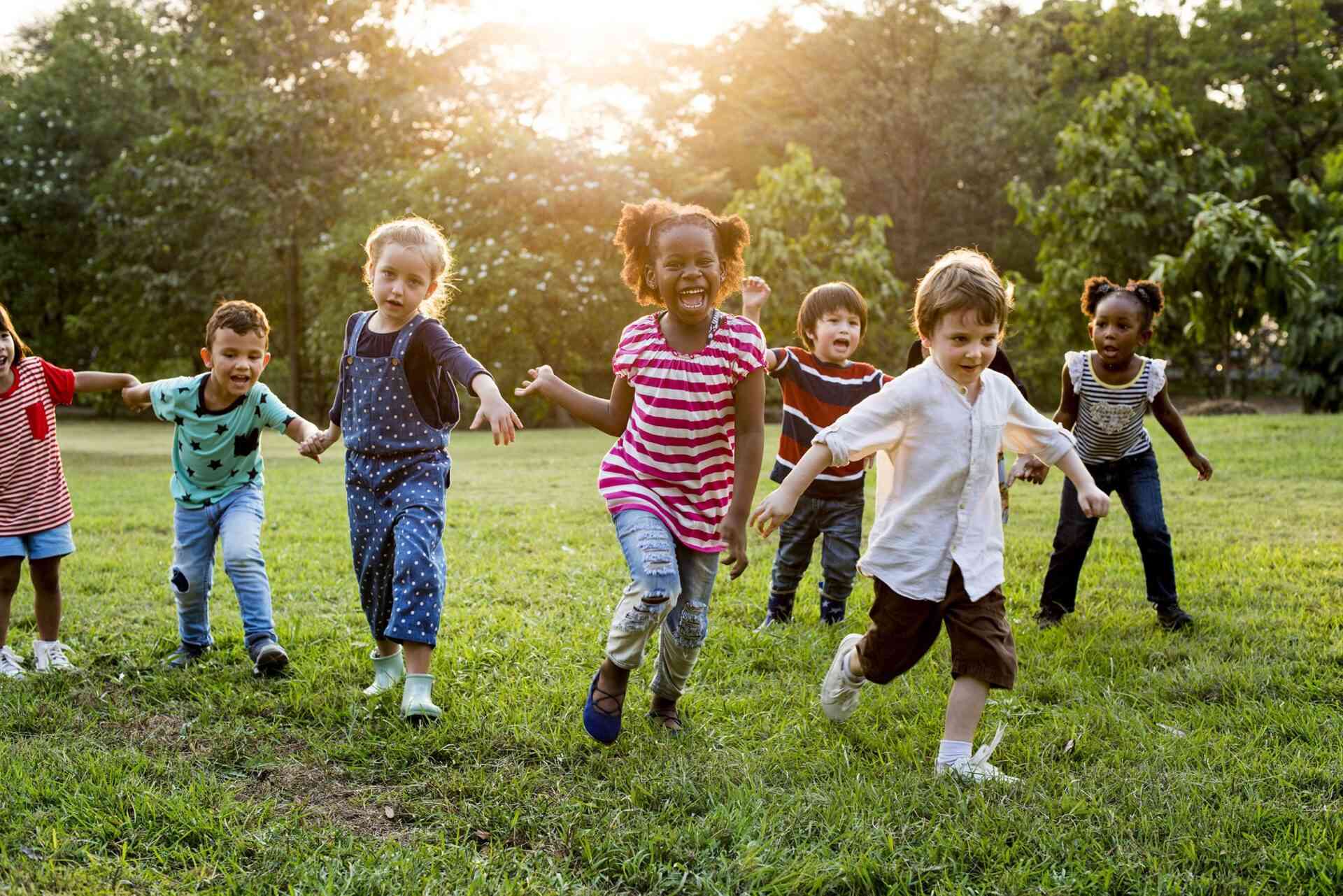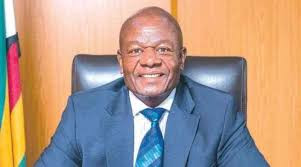
REVELATIONS made by Chief Gibson Jenami Katizagomba in Zvimba district, Mashonaland West province, recently that there are parents and guardians who shield perpetrators of violence against children, make sad reading.
Everywhere, parents and guardians are expected to play the parental role.
They are supposed to protect the children under their care.
Many children stay with foster parents, relatives, grandparents, uncles, aunts, etc.
Recently, we were shocked when a video emerged on social media where a young boy, aged about four or so years, with a wound on the forehead.
Asked what happened to him, he said his grandmother hoisted him into the air and dropped him to the ground all because he had failed to look after goats, which strayed into a field.
Such abuses take place at home, in school, at work, in the community, during armed conflicts and natural disasters.
The violence children face takes many forms, such as sexual exploitation and abuse, trafficking, physical and humiliating punishment, harmful traditional practices (including early marriage and female genital mutilation/cutting) and recruitment into armed forces and groups.
- Zanu PF 'threatens' terror attacks
- Model uses fitness training to fight drug abuse
- Village Rhapsody: Rising suicide cases among men worrying
- Young voters could decide Zim’s 2023 presidential election: Will they?
Keep Reading
Some people expected to play the parental role expose children to pornographic material, others make them caress their sexual organs.
Then there is a good number which is foul-mouthed. Such people do not know what to or what not to say in the presence of children.
Girls face additional risks, particularly sexual violence and exploitation.
Exposure to violence seriously affects a child’s development, dignity and integrity.
Children have the same rights as adults under human rights treaties.
Children’s rights cover every aspect of a child or young person’s life from birth to the age of 18.
They exist wherever the child is: at home, at school, in an institution, or in the community.
And the rights apply whatever the status of the child: whether they are citizens, migrants, local residents or visitors.
Children’s rights recognise that children are key actors in their own development.
They are rights holders whose ability to enjoy their rights can be held back by attitudinal and structural barriers that need to be identified and adjusted.
Child protection goes beyond insuring the physical safety of children.
Child protection includes measures that promote children’s physical and emotional well-being, provide equal access to basic services, and safeguard legal and human rights.
The best protection is to prevent violence and abuse from happening.
In essence, child protection aims at strengthening the ability of individuals and communities to protect themselves and their children from future threats, laying the groundwork for lasting security and stability.
The United Nations Children’s Fund has outlined four key principles for effective communication with children.
These principles are designed to ensure communication is respectful, empowering and promotes the rights and wellbeing of children.
First is respect for the child’s dignity and rights.
This principle emphasises the importance of treating children with respect and acknowledging their rights.
It involves listening to children, valuing their opinions and involving them in decision-making processes.
It also means avoiding any form of discrimination or harmful stereotypes.
Second is the best interests of the child.
All communication should prioritise the child’s best interests.
This means considering the potential impact of the communication on the child’s wellbeing and development and ensuring the young person contributes positively to these areas.
Then there is the child’s evolving capacities, which principle recognises that children’s abilities to understand and engage with communication evolve as they grow and develop.
Therefore, communication should be age-appropriate and sensitive to the child’s level of understanding and maturity.
And lastly, there is the child’s right to participate.
Here, children have the right to express their views and to be heard.
This principle encourages the active participation of children in communication processes and promotes their involvement in matters that affect them.
Duty bearers within the human rights framework are responsible for making policies, developing strategies, implementing legislation and designing and delivering services.
They are also responsible for making adjustments to attitudinal and structural barriers, preferably with the direct involvement of children.
Hence, they should ensure that children are protected at all costs in communities.
Everyone found on the wrong side of the law, promoting child abuses, should face the music no matter how influential or powerful they are.






